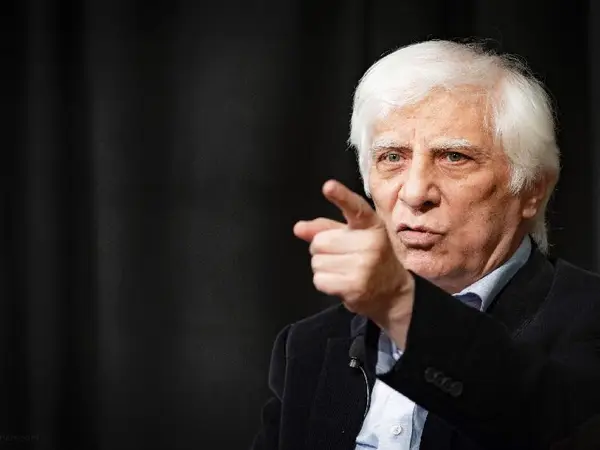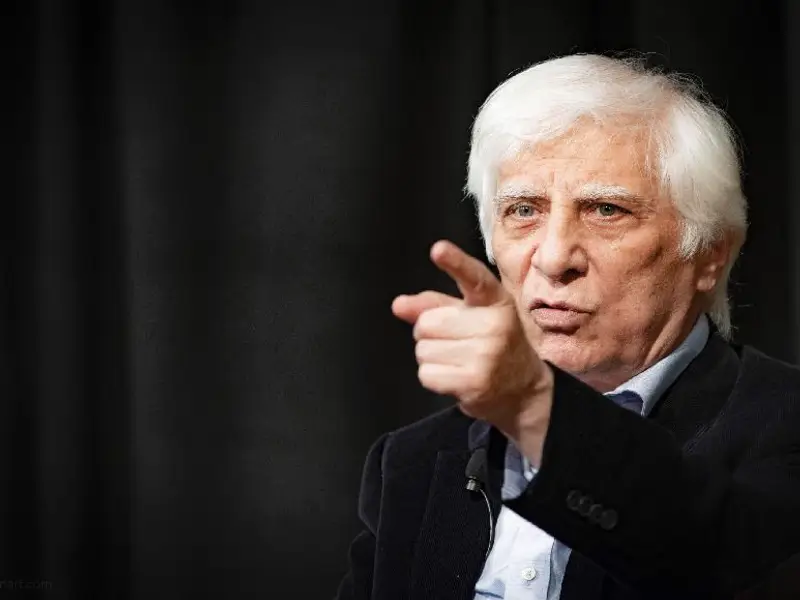Acclaimed Iranian director Bahram Beyzai has rejected an invitation to return to Iran and create a film, citing opposition to government censorship.
Beyzai's refusal came in response to a claim by Mohammad Khazaei, Director of the Cinema Organization of Iran who said this week that artists can return to the country "within the framework of the law." The organization is a government-controlled entity and its reference to framework of the law denotes the regime strict censorship practices.
Responding Khazaei's remarks, Beyzai took to Instagram, declaring, "It is due to my and other filmmakers’ existence that you are occupying that seat... You treat us like slaves and expect us to obey orders.”
He further noted that he will not allow Iranian officials to censor him, or force him to self-censor.
The invitation extended to Beyzai comes amidst ongoing cultural restrictions and a tightening of creative freedoms in Iran. Over the years, the Iranian government's censorship policies have led to the exodus of numerous talented people, including renowned artists and filmmakers, seeking greater creative liberty abroad.
Filmmakers, in particular, face challenges navigating the confines of government-approved content, often resorting to self-censorship to avoid repercussions.
The cultural crackdown extends beyond censorship to include harassment, intimidation, and imprisonment of dissenting voices. Notably, director Jafar Panahi's imprisonment in July 2022 following his inquiry about the whereabouts of other detained filmmakers illustrated the risks faced by those who challenge the status quo.
Panahi, a recipient of numerous international awards, including the Golden Bear at the 2015 Berlin Film Festival, was sentenced to a six-year prison term and a 20-year filmmaking and travel ban for his involvement in documenting the 2009 Green Movement protests.

